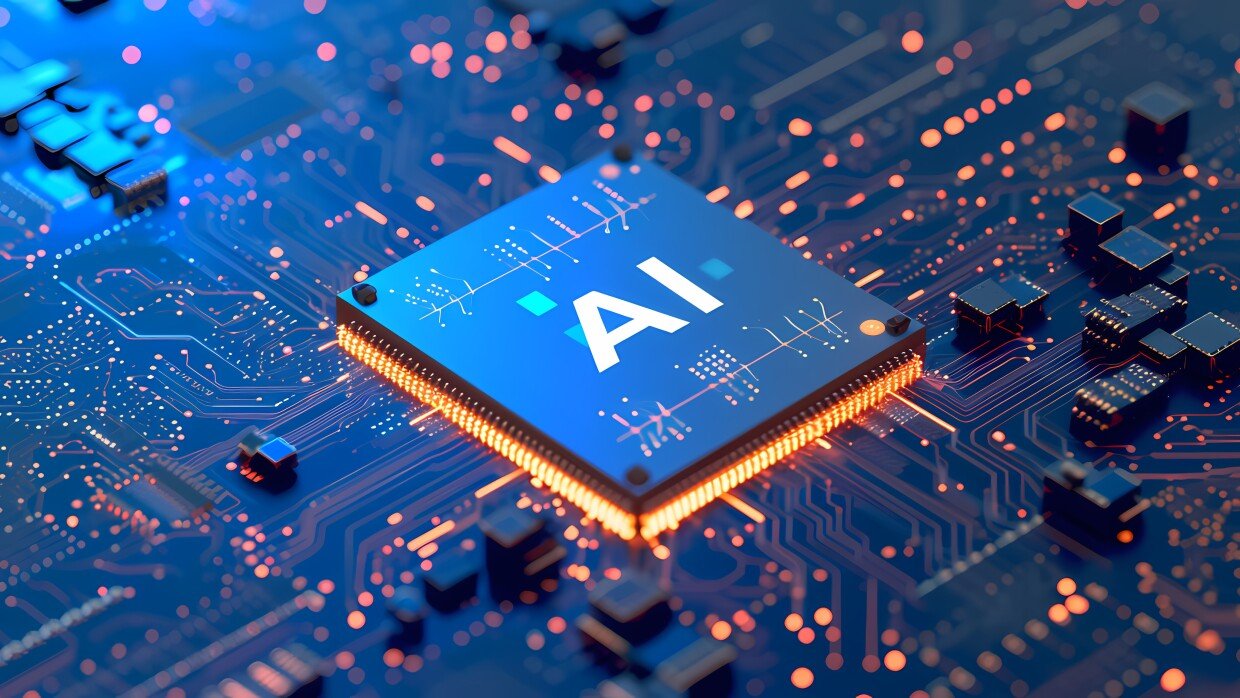Introduction:
Artificial intelligence, once a staple of science fiction, has rapidly infiltrated the fabric of our daily life . From the algorithms that curate our social media feeds to the sophisticated diagnostic tools revolutionizing healthcare, AI’s influence is undeniable. This essay will explore the profound ways in which AI is reshaping everyday life, focusing on its impact on the job market, the evolution of healthcare, and the subtle yet pervasive changes to our daily routines. Understanding these transformations is crucial, not only to adapt to the present, but also to anticipate and shape the future of a world increasingly driven by intelligent machines.
The Evolving Landscape of Work:
The most visible impact of AI is arguably in the workplace. Automation, driven by AI, is streamlining processes across industries, leading to increased efficiency and productivity. However, this progress comes with the inherent challenge of job displacement. Repetitive tasks, previously performed by humans, are increasingly being handled by AI-powered systems. From automated customer service chatbots to robotic assembly lines, the shift is palpable. While some jobs are being lost, new opportunities are emerging in areas such as AI development, data science, and AI maintenance. The key lies in adaptation, requiring individuals to acquire new skills and embrace lifelong learning to remain relevant in a rapidly changing job market. The need for reskilling and upskilling initiatives is paramount, ensuring a smooth transition for workers facing potential displacement. Furthermore, the ethical considerations surrounding AI in the workplace, such as algorithmic bias in hiring processes, must be addressed to ensure fairness and equity.
Revolutionizing Healthcare:
AI’s potential to revolutionize healthcare is immense. From early disease detection to personalized treatment plans, AI is enhancing the capabilities of medical professionals. AI-powered diagnostic tools can analyze medical images with greater accuracy and speed than humans, leading to earlier and more precise diagnoses. Machine learning algorithms can analyze vast amounts of patient data to identify patterns and predict disease risks, enabling preventative care and personalized medicine.
AI is also being used to develop new drugs and therapies, accelerating the pace of medical research. Virtual assistants and chatbots are providing patients with 24/7 access to medical information and support, improving patient engagement and access to care. However, the integration of AI in healthcare raises important ethical considerations, such as data privacy, algorithmic bias, and the potential for dehumanization of patient care. Striking a balance between technological advancement and human empathy is crucial to ensure that AI serves to enhance, rather than replace, the human element in healthcare.
The Subtle Shifts in Daily Routines:
Beyond the workplace and healthcare, AI is subtly reshaping our daily routines in countless ways. Smart home devices, powered by AI, are automating tasks such as lighting, temperature control, and security. Personalized recommendations from streaming services and e-commerce platforms are shaping our entertainment and shopping habits. AI-powered navigation apps are optimizing our commutes, while voice assistants are providing instant access to information and services. The rise of AI-powered social media algorithms influences the information we consume and the way we interact with others. While these advancements offer convenience and efficiency, they also raise concerns about data privacy, algorithmic bias, and the potential for increased reliance on technology. The “filter bubble” effect, where algorithms reinforce existing biases and limit exposure to diverse perspectives, is a growing concern. Maintaining a critical awareness of AI’s influence on our daily routines is essential to ensure that we retain control over our choices and maintain a balanced relationship with technology.
Conclusion:
AI is no longer a futuristic concept; it is a present reality that is transforming every aspect of our lives. While the potential benefits of AI are undeniable, it is essential to acknowledge and address the challenges it presents. By embracing lifelong learning, fostering ethical development, and maintaining a critical awareness of AI’s influence, we can navigate the algorithmic shift and ensure that AI serves to enhance, rather than diminish, the human experience. As we move forward, a collaborative approach, involving policymakers, researchers, and the public, is essential to shape the future of AI in a way that benefits all of humanity. The future is not predetermined, and by engaging in thoughtful dialogue and proactive planning, we can harness the power of AI to create a more equitable, sustainable, and prosperous world.


